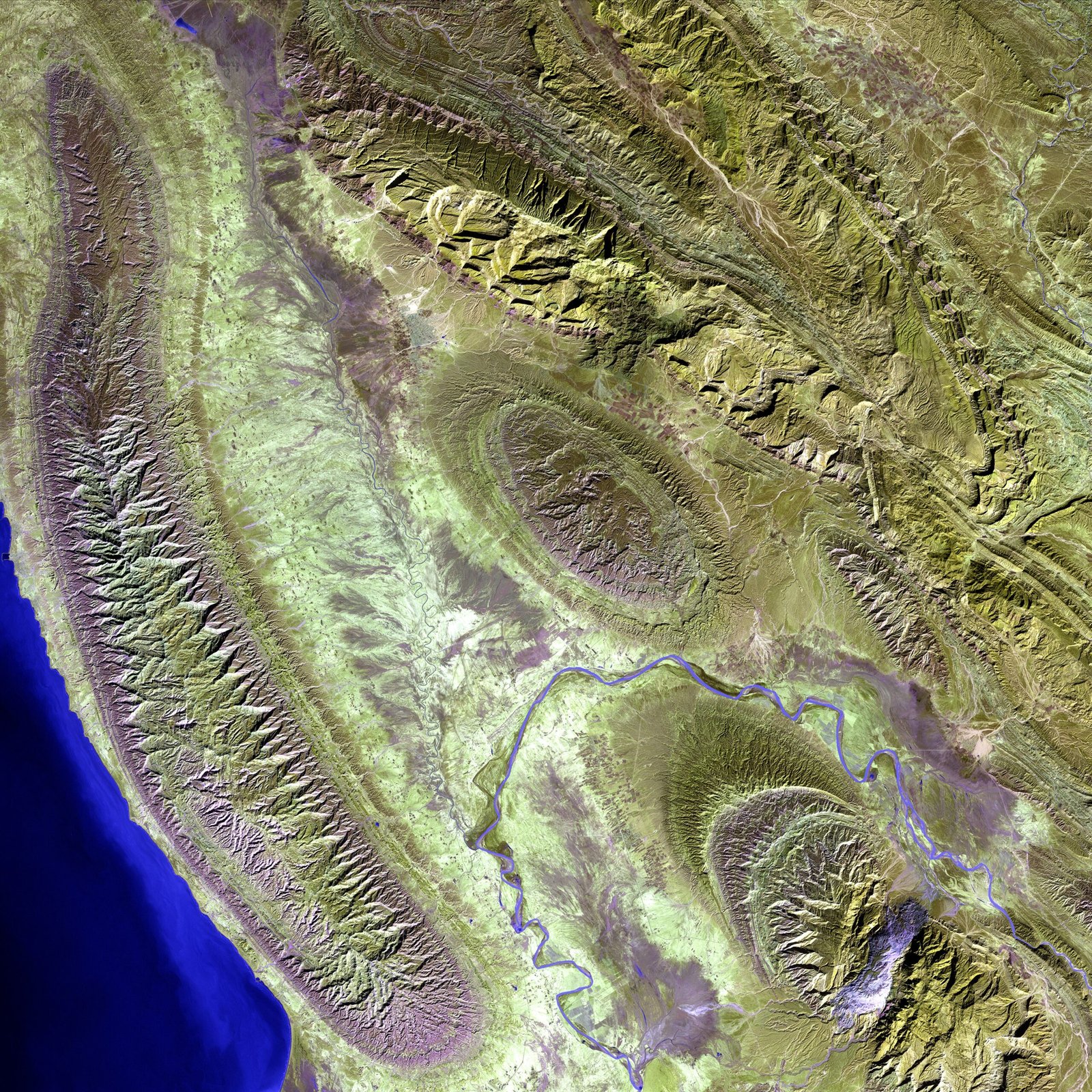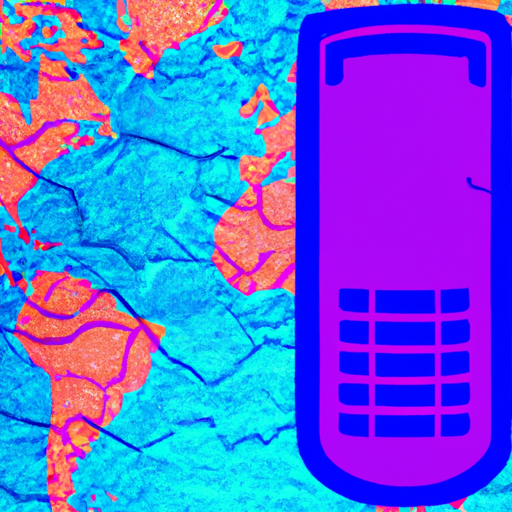So you’ve received a phone call from an unknown number and you’re feeling curious. Who could it be? Well, with the help of geolocation technology, you can now easily uncover the location of that mysterious phone number. Whether it’s an old friend trying to reconnect or a potential scammer, geolocating a phone number can provide you with valuable information to help you make informed decisions about who you want to engage with. In this article, we will explore the concept of geolocating phone numbers and how it can be a useful tool in today’s digital age.

This image is property of images.unsplash.com.
1. Introduction
Welcome to the world of geolocating phone numbers! In this article, we will explore the fascinating realm of geolocation and how it relates to phone numbers. Whether you’re a curious individual or someone looking to harness the power of geolocation, this comprehensive guide will provide you with all the information you need to know.
2. What is Geolocating?
2.1 Definition
Geolocating, in simple terms, is the process of determining the geographical location of an object or person using various technological means. When it comes to phone numbers, geolocating involves identifying the physical location associated with a specific phone number. This can be incredibly useful in a variety of scenarios, such as tracking a lost device or enhancing emergency services.
2.2 Purpose
The purpose of geolocating phone numbers extends beyond mere curiosity. It serves as a powerful tool for improving safety, enhancing user experiences, and aiding in the prevention of criminal activities. By pinpointing the location of a phone number, individuals and organizations can gain valuable insights into their surroundings, enabling them to make informed decisions.
3. How Geolocating Phone Numbers Works
3.1 Basics of Geolocating Phone Numbers
Geolocating phone numbers relies on a combination of techniques and technologies that work together to determine a phone’s location. These methods typically include analyzing network data, using GPS satellites, and leveraging databases of known cell towers. By triangulating signals and comparing network information, an accurate estimation of the phone’s location can be derived.
3.2Methods of Geolocating Phone Numbers
There are various methods employed for geolocating phone numbers. One common approach is through the use of GPS tracking, which relies on the phone’s built-in GPS technology to provide real-time location information. Another method involves analyzing the signal strength of nearby cell towers to estimate the phone’s location. Additionally, data from Wi-Fi networks can also be leveraged for geolocation purposes.
4. Legal and Privacy Considerations
4.1 Privacy Laws and Geolocation
In the era of digital privacy, it is crucial to consider the legal and ethical implications of geolocating phone numbers. Different countries have varying laws and regulations governing the protection of individuals’ privacy. It is important to ensure compliance with these laws and obtain proper consent before accessing or using someone’s location information.
4.2 Consent and Data Protection
Respecting individuals’ privacy rights is paramount when engaging in geolocation practices. Obtaining explicit consent from phone users before accessing their location data is crucial. Additionally, organizations must adhere to strict data protection measures to ensure that user information is securely stored and not misused or accessed without authorization.
4.3 Ethical Use of Geolocation
The ethical use of geolocation involves employing the technology responsibly and with respect for individuals’ privacy. Organizations and individuals should have a legitimate and justifiable reason for geolocating phone numbers, with a focus on safety, security, or enhancing user experiences. It is essential to weigh the benefits against the potential risks and ensure transparency regarding the use of geolocation data.

This image is property of images.unsplash.com.
5. Benefits of Geolocating Phone Numbers
5.1 Improving Emergency Services
Geolocation plays a vital role in emergency services, enabling timely assistance in critical situations. By geolocating a phone number, emergency service providers can quickly identify the caller’s location, allowing for faster response times and potentially saving lives. This capability is especially crucial when the caller is unable to provide the necessary details or is in distress.
5.2 Locating Lost or Stolen Devices
A common scenario where geolocating phone numbers proves invaluable is in locating lost or stolen devices. By tracking the location of a phone number, individuals can potentially retrieve their lost devices or provide accurate information to law enforcement agencies for recovery. This capability provides peace of mind and acts as a deterrent for thieves.
5.3 Enhancing User Experience
Geolocating phone numbers also has the potential to enhance user experiences in various applications. From personalized location-based recommendations to targeted marketing, geolocation allows for tailored experiences based on the individual’s physical whereabouts. This enables businesses to provide customized services, information, or promotions, resulting in an improved user experience.
6. Limitations and Challenges of Geolocating Phone Numbers
6.1 Inaccurate Data and Errors
One of the significant challenges in geolocating phone numbers is the potential for inaccurate data and errors. The accuracy of geolocation technology can vary depending on several factors, including network coverage, signal strength, and the availability of GPS data. It is crucial to be aware that errors and discrepancies may occur, leading to inaccurate or misleading location information.
6.2 Security Risks and Misuse
Another concern when geolocating phone numbers is the potential for security risks and misuse of the technology. Gathering and storing location data comes with inherent cybersecurity risks. Additionally, there is a risk of the technology being misused for surveillance or illegal tracking purposes. Strict security measures and ethical guidelines must be followed to mitigate these risks.
6.3 Technical Limitations
Geolocating phone numbers may also face certain technical limitations. For instance, certain phone models may have limited GPS capabilities, hindering accurate location tracking. Additionally, factors like weather conditions or physical obstructions can impact the accuracy of geolocation data. It is essential to consider these limitations and understand their potential impact on the desired outcomes.
This image is property of images.unsplash.com.
7. Available Geolocation Services
7.1 Built-In Operating System Features
Many modern smartphones come equipped with built-in geolocation features as part of the operating system. These features utilize a combination of GPS, Wi-Fi, and cell tower information to determine the phone’s location. Users can access these features through their phone settings or various applications that leverage this capability.
7.2 Mobile Network Operator Services
Mobile network operators also provide geolocation services for their users. These services rely on the infrastructure and network data provided by the operator to determine the phone’s location. Users can typically access these services through their service provider’s website or dedicated applications.
7.3 Third-Party Geolocation Services
In addition to built-in features and operator services, there are also third-party geolocation services available. These services may offer additional capabilities or cater to specific needs, such as business intelligence or asset tracking. It is essential to research and choose reputable and trustworthy providers when opting for third-party services.
8. Steps to Geolocate a Phone Number
8.1 Determine Purpose and Legality
Before geolocating a phone number, it is crucial to determine the purpose and legality of the endeavor. Ensure that the intended use aligns with legal requirements and ethical principles, obtaining proper consent when necessary.
8.2 Choose the Right Method or Service
Once the purpose is established, choose the appropriate method or service for geolocating the phone number. Consider factors such as accuracy, availability, and compatibility with the desired outcome.
8.3 Follow Service Provider’s Guidelines
If utilizing a specific geolocation service or operator, familiarize yourself with their guidelines and terms of use. Follow their instructions and ensure compliance with their data protection policies.
8.4 Access Geolocation Data
Access the geolocation data either through the built-in features of the phone, the operator’s services, or the chosen third-party service. Follow the necessary steps to retrieve the desired information.
8.5 Interpret and Utilize Geolocation Data
Once the geolocation data is obtained, interpret the information carefully. Take into account any potential inaccuracies, errors, or limitations outlined earlier in this article. Utilize the data in a responsible and ethical manner, aligning with the intended purpose.
9. Alternatives to Phone Number Geolocation
9.1 IP Geolocation
In cases where phone number geolocation may not be feasible or accurate, IP geolocation can serve as an alternative. IP geolocation involves identifying the physical location associated with an IP address, providing insights into the device’s location.
9.2 GPS Tracking Devices
For scenarios where real-time and precise tracking is required, GPS tracking devices are a viable option. These devices, commonly used for asset tracking or vehicle monitoring, provide accurate location information through GPS satellites.
9.3 Wireless Signal Tracing
Wireless signal tracing involves analyzing wireless signals emitted by devices to determine their location. This method can be used in situations where the device’s location is unknown and can provide approximate location information.
10. Conclusion
Geolocating phone numbers is a powerful tool that has the potential to enhance safety, security, and user experiences. By understanding the basics of geolocation, considering legal and privacy considerations, and exploring the available methods and services, individuals and organizations can leverage this technology responsibly. While acknowledging the limitations and challenges, geolocating phone numbers remains a valuable asset in our ever-connected world. So go ahead, explore the possibilities, and make informed decisions with the power of geolocation at your fingertips.



